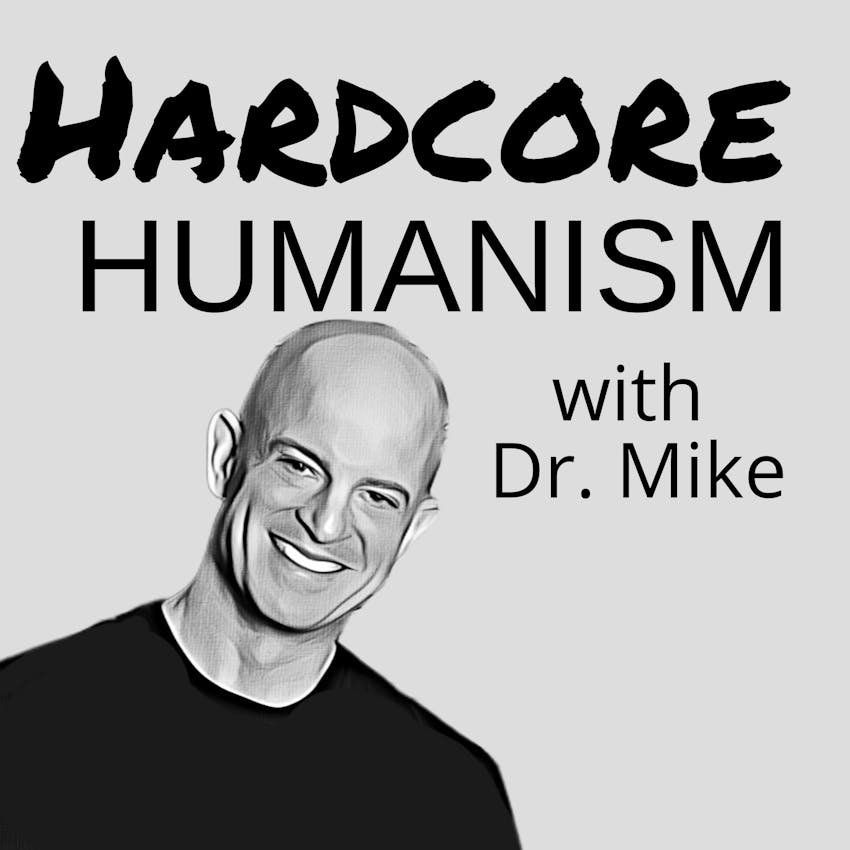47 minutes |
Aug 2, 2022
S3 E5: Adam Darski a.k.a. Nergal of Behemoth
62 minutes |
Jul 6, 2022
S3 E4: Michael Bishop of GWAR
62 minutes |
Jun 13, 2022
S3 E3: Max Cavalera of Cavalera Conspiracy
29 minutes |
May 3, 2022
Ann Wilson of Heart
32 minutes |
Apr 7, 2022
Jewel
43 minutes |
Oct 22, 2021
Jerry Cantrell of Alice in Chains
55 minutes |
Jul 27, 2021
Rick Allen of Def Leppard and Lauren Monroe
45 minutes |
Jul 19, 2021
Rain Phoenix
50 minutes |
Jul 12, 2021
nothing, nowhere a.k.a. Joe Mulherin
53 minutes |
Jul 5, 2021
John Joseph
30 minutes |
Jun 28, 2021
Amy Lee of Evanescence
22 minutes |
Jun 21, 2021
Linda Perry
43 minutes |
Jun 14, 2021
George Clinton of Parliament Funkadelic
51 minutes |
Jun 7, 2021
Tim Booth of James
34 minutes |
Jun 1, 2021
Tim McIlrath of Rise Against
60 minutes |
May 24, 2021
Shawn Colvin
43 minutes |
May 17, 2021
Paula Cole
28 minutes |
May 11, 2021
Myles Kennedy of Alter Bridge
29 minutes |
May 4, 2021
Nancy Wilson of Heart
29 minutes |
Apr 27, 2021
Adam Weiner of Low Cut Connie

